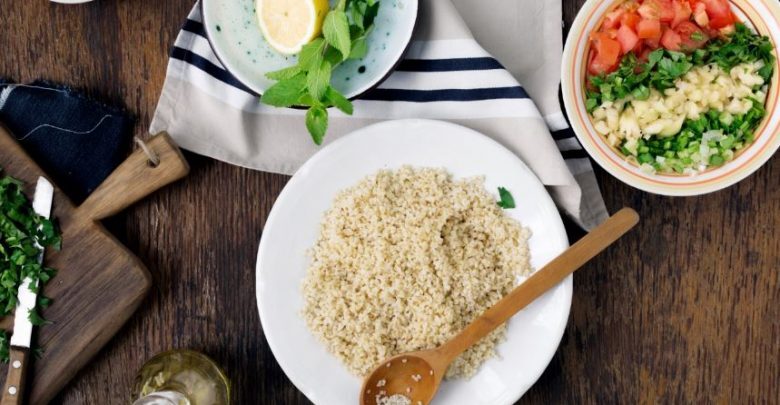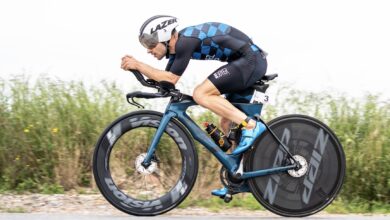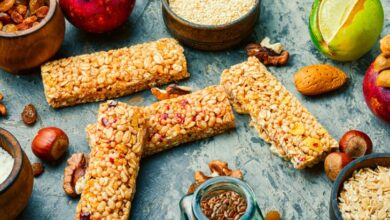Vegan food in the athlete

{wbamp-meta name=”image” url=”images/stories/salud/alimentacion-vegana-deporte.JPG” width=”300″ height=”150″}
The compatibility of vegan food and sports is a debate in full swing today. First of all, it is convenient to clarify certain basic notions of this style of feeding, somewhat confusing for the majority of the population.
Our collaborator AMLSPORT tells us in this article the benefits of the vegan diet in the diet of an athlete
Vegans, raw vegetarians, vegetarians, flexitarians ...?
The tendency of this type of food options has meant a conceptual boom in several areas (gastronomy, leisure, social networks ...). Nevertheless, It is a mistake to believe that it is something new that has emerged in recent years For the followers of these styles are not only faithful to a type of food but also to a whole philosophy of life.
The monitoring of this form of nutrition comprises a wide variety of criteria, from those in favor of promoting a healthy lifestyle to those moved by ethical reasons and respect for the animal world.
How is vegan food different from vegetarian?
The main difference is in the vegan style, which not only limits the consumption of animals but also, all derived products. This population group mainly feeds on vegetables, vegetables, legumes, cereals, fruits, nuts and seeds.
What is the great debate of this diet?
The first polemic factor is the discussion on whether or not the supply of proteins and essential nutrients is sufficient (iron, zinc, vitamin B, etc.) to build muscle mass and perform at a high level.
Proteins are classified according to their biological value (high or low), that is, according to the proportion absorbed, retained and therefore used by the body. Those of high biological value, generally of animal origin, are those that present all the essential amino acids in the proportions necessary for man, and those of low biological value are those with limiting amino acids, that is to say in a smaller proportion or with a deficit in some amino acids essentials
The fact that the protein portion of vegetables, unlike that of animal origin, is of low biological value, leads to confusion and to the myth that vegan diets are insufficient. However, this is not true since the combination of several vegetable protein foods results in obtaining complete proteins by counteracting the deficiencies of those amino acids that limit the variety of nutrients. An example is the combination of cereals with legumes or nuts.
What are the main sources of vegetable protein?
Is a diet prone to nutritional deficits?
In the same way as a vegetarian or omnivorous diet, a vegan diet would not have to assume any kind of deficit if it is balanced and is well adjusted to the energy needs of the subject. However, it is a group more susceptible to vitamin B12 deficiency, vitamin D and minerals such as calcium, iron, omega 3, zinc and iodine.
How to compensate?
Basically there are two alternatives to cover the deficit of these compromised nutrients; seek a balance based on a contribution of nutrients rich in lacking nutrients or cover the deficit with supplementation.
A good option is to take tablets of spirulina, a freshwater algae with a proportion of proteins of high biological value of 60-80% of its weight in dry, rich in assimilable iron and chlorophyll among other substances that help to recover the physical form, energy, vitality and detoxify the organism.
Is there evidence of health benefits?
Yes. According to several articles and scientific studies published in the American Journal of Clinical Nutrition, subjects who follow vegan diets have a lower risk of cardiovascular accidents and other diseases metabolic diseases such as obesity, type II diabetes, hypertension and even some types of cancer. These benefits are the product of a diet rich in micronutrients present in plants (carotenoids, sterols, omega-3 fatty acids, fiber, polyphenols, flavonoids, etc.), along with a reduction in saturated fats present in products of animal origin .
Y If you are an athlete, you do not have to fear him. Scientific publications show how the best antidote to balance the immune system and eliminate free radicals generated by intense effort, is a diet rich in vegetables, rich in antioxidants and low in fat.
Eye!
When we talk about achieving lasting benefits, patience, effort and perseverance are key elements. Making drastic changes in order to obtain short-term results, often entails more harm than benefits. Being aware of the importance of the different functions of our organism and the physical-psychic risk that compromises a nutritional imbalance, is vital not to put our health at risk.
If you want to change your habits, we recommend that you consult a professional nutritionist to guide your process and guarantee you a complete diet adapted to your energy and objective needs.
Further information: http://www.amlsport.com/
There are no previous results.




























